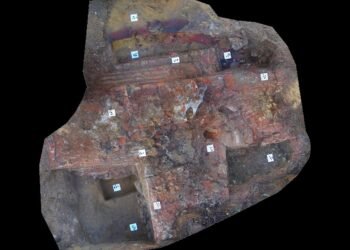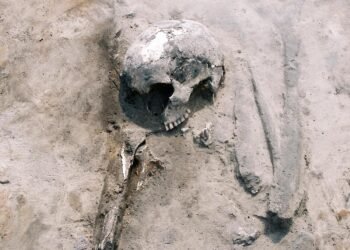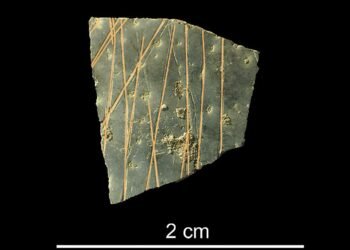An extensive analysis of carbonized papyrus scrolls from the ancient Roman town of Herculaneum has led to a significant breakthrough in the quest to uncover the final resting place of the renowned Greek philosopher Plato.
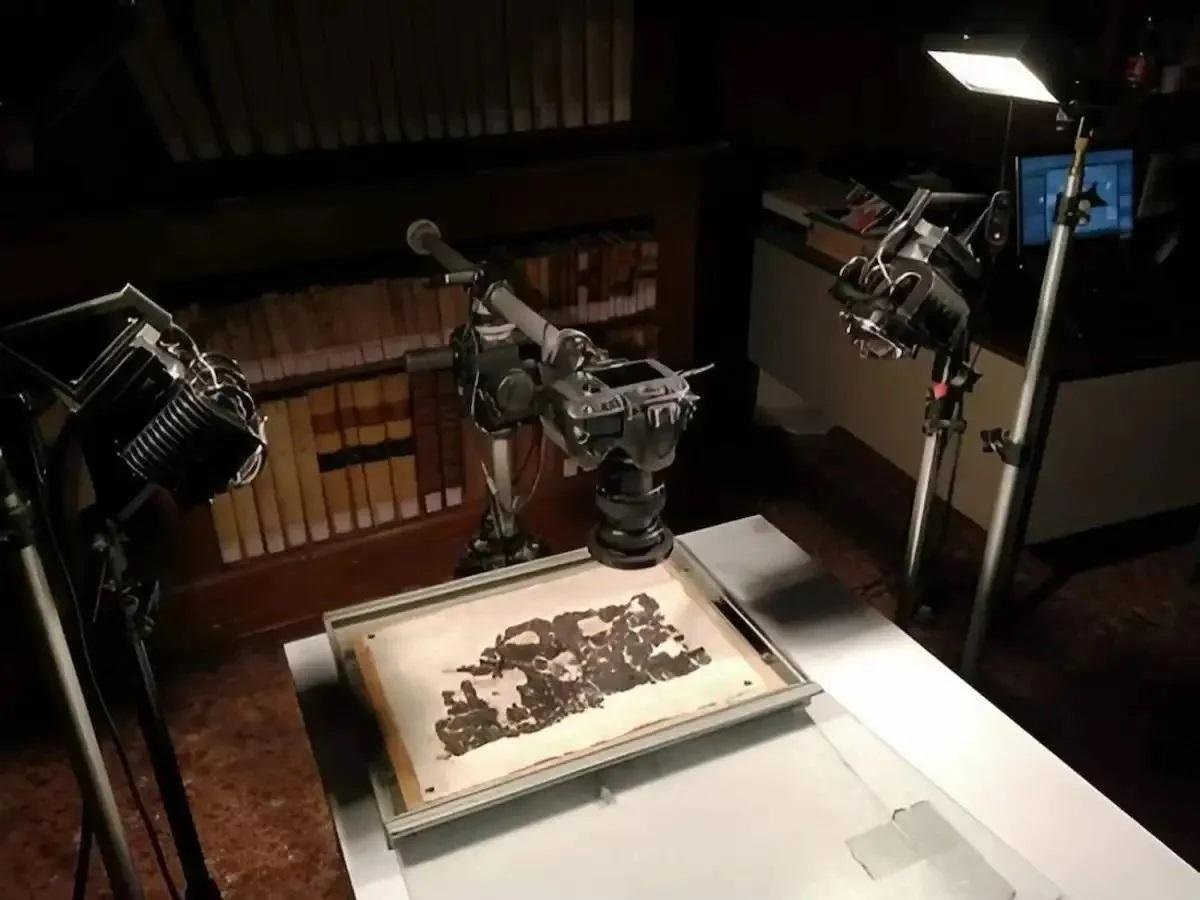
The findings, presented by various scholars including papyrologist Graziano Ranocchia from the University of Pisa, reveal intriguing details about his journey from slavery to philosophical eminence.
Plato, a towering figure in the realm of Western philosophy during the Classical period (427 – 348 BCE), is celebrated for his profound contributions, notably the theory of forms or ideas. The scrolls recovered from Herculaneum alongside the ruins of Pompeii following the devastating eruption of Mount Vesuvius in CE 79, provide invaluable understanding into his life and legacy.
Utilizing innovative methodologies under the ‘GreekSchools’ project, funded by the ERC (European Research Council), scholars have made remarkable progress in deciphering these ancient texts. Employing advanced imaging techniques such as infrared, ultraviolet optical imaging, thermal imaging, tomography, and digital optical microscopy, researchers have managed to extract over 1000 words, approximately 30% of the scrolls.
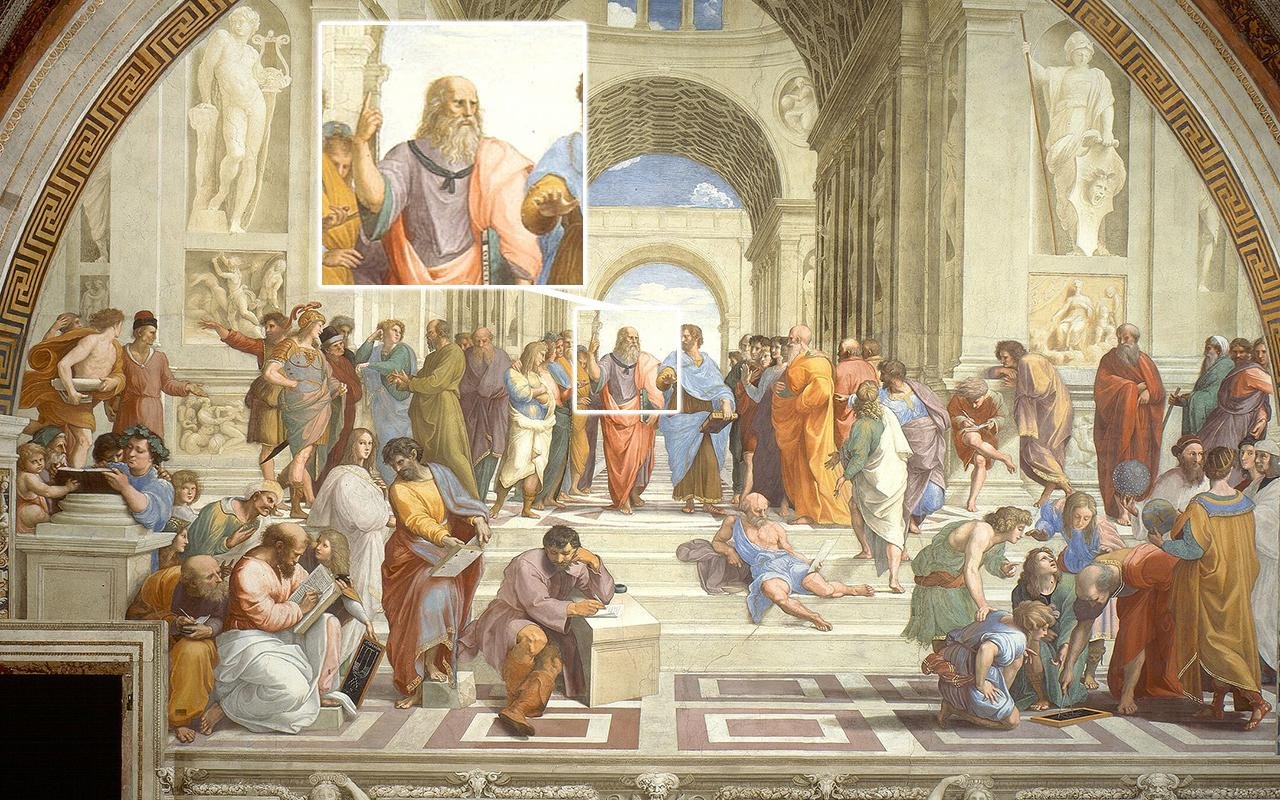
According to Graziano Ranocchia, the lead researcher on the project, the newly revealed details pinpoint Plato’s burial place to a private garden within the Platonic Academy in Athens, near the sacred Museion. This revelation challenges previous speculations regarding the philosopher’s final resting place, offering a more precise location within the Academy grounds.
Furthermore, the scrolls suggest a tumultuous chapter in Plato’s life, indicating that he was sold into slavery following the Spartan conquest of the island of Aegina, possibly between 404 BCE and 399 BCE. This revelation adds a poignant dimension to Plato’s journey.
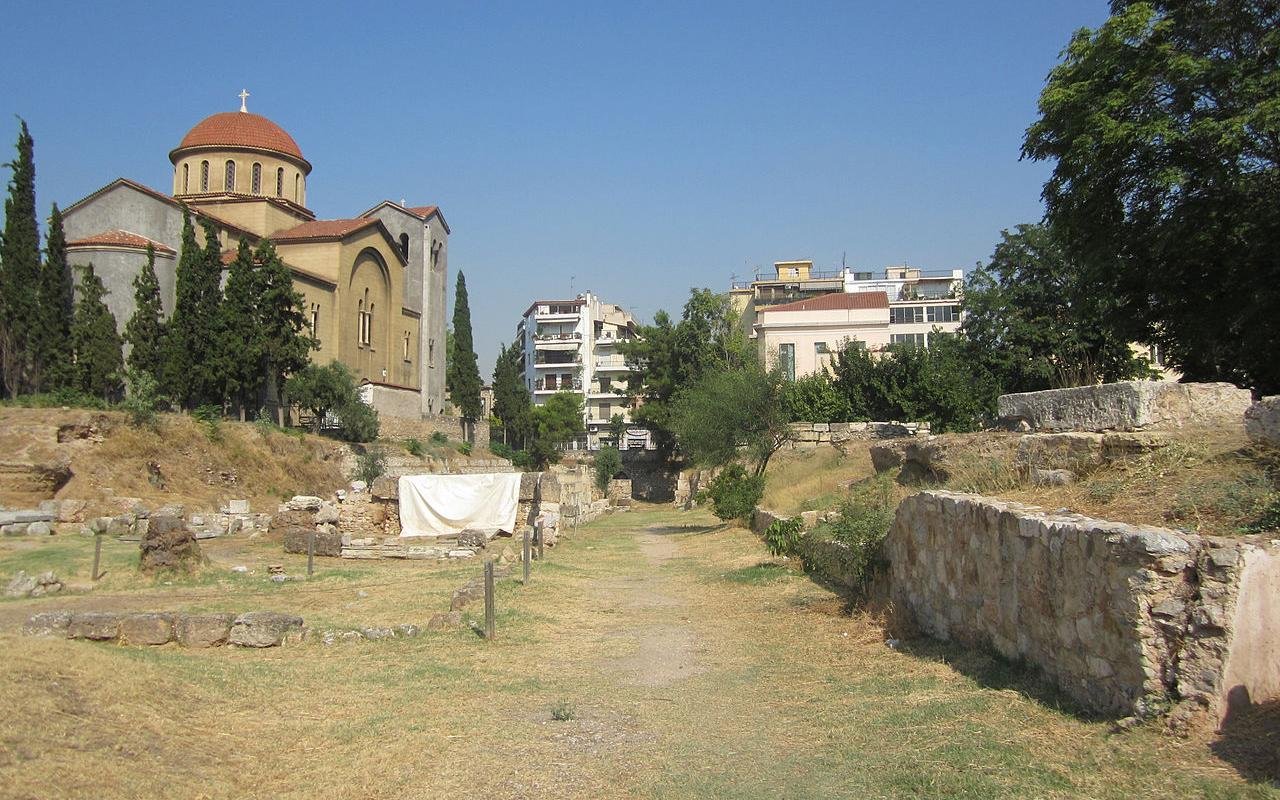
“Compared to previous editions, there is now an almost radically changed text, which implies a series of new and concrete facts about various academic philosophers. Through the new edition and its contextualization, scholars have arrived at unexpected interdisciplinary deductions for ancient philosophy, Greek biography and literature, and the history of the book,” Ranocchia said.
The ‘GreekSchools’ project, a collaborative endeavor involving the University of Pisa, the National Research Council, and other research institutions, aims to publish an updated edition of Philodemus’ Review of the Philosophers, incorporating the newly discovered texts.





